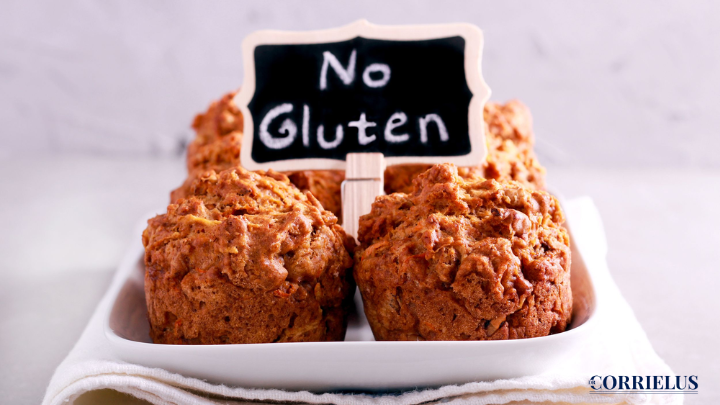Gluten-free diets have gained immense popularity, touted as a panacea for various health issues and embraced by many as a lifestyle choice. However, amidst the fervor surrounding gluten-free living, there exists a plethora of myths and misconceptions that can lead to confusion. In this article, we aim to know the truths and falsehoods surrounding gluten-free diets.
A Guide to Gluten-Free and Grain-Free Living
Grain-Free Foods: Opt for alternatives like quinoa and rice for a healthier choice.
Wheat-Free Foods: Explore options like oats, rice, and corn for wheat-free alternatives.
Gluten-Free Prepared Meals: Convenient and safe for those with gluten sensitivity or celiac disease.
Gluten-Free Survival Food: Ensure your emergency stash includes gluten-free options for long-term sustainability.
Myth 1: Gluten-Free Diets are Only for Those with Celiac Disease
Fact: While a gluten-free diet is crucial for individuals diagnosed with celiac disease, it is not the sole reason for adopting this dietary lifestyle. Non-celiac gluten sensitivity (NCGS) is a real condition where individuals experience adverse reactions to gluten without having celiac disease. Moreover, some people adopt a gluten-free diet as a personal choice, believing it contributes to improved overall well-being.
Myth 2: A Gluten-Free Diet Guarantees Weight Loss
Fact: It’s a common misconception that eliminating gluten automatically leads to weight loss. In reality, gluten-free products can sometimes be higher in calories and sugar compared to their gluten-containing counterparts. While weight loss might occur due to a more conscious and healthier diet, it is not solely attributed to the absence of gluten.
Myth 3: Gluten-Free Diets Lack Essential Nutrients
Fact: Concerns often arise about the nutritional adequacy of gluten-free diets. While it’s true that individuals need to be mindful of potential nutrient deficiencies, a well-balanced gluten-free diet can provide all the necessary nutrients. Whole grains like quinoa, rice, and gluten-free oats, as well as fruits, vegetables, and lean proteins, can easily be incorporated into a gluten-free eating plan.
Myth 4: Gluten-Free Foods are Always Healthier
Fact: Gluten-free doesn’t always mean healthier. Many gluten-free products on the market are heavily processed and may lack essential nutrients. Additionally, gluten-free replacements for traditional wheat-based products may contain higher levels of sugar and unhealthy fats to compensate for taste and texture. It’s crucial to read labels and choose whole, unprocessed foods when following a gluten-free diet.
Myth 5: Gluten-Free Diets are Just a Trend
Fact: While gluten-free diets have gained popularity in recent years, they are not merely a passing trend. For individuals with celiac disease or NCGS, avoiding gluten is a medical necessity. Additionally, some people report feeling better and experiencing improved digestive health on a gluten-free diet, contributing to its continued adoption as a lifestyle choice.
Myth 6: Gluten-Free Diets are Easy to Follow
Fact: Adhering to a gluten-free diet can be challenging, as gluten hides in various unexpected places. It’s not only present in obvious sources like bread and pasta but can also be found in sauces, soups, and processed foods. Those on a gluten-free diet need to be vigilant about reading labels and educating themselves about potential hidden sources of gluten.
Myth 7: Gluten-Free Diets are Unnecessarily Expensive
Fact: While some gluten-free specialty products can be pricier, a gluten-free diet doesn’t have to break the bank. Many naturally gluten-free foods like rice, beans, fruits, and vegetables are affordable and readily available. Planning meals around whole, unprocessed foods can be cost-effective and still provide a nutritious gluten-free diet.
A word from the doctor —
Understanding the myths and facts about gluten-free diets is crucial for making informed choices. Whether adopted for health reasons or as a personal preference, a gluten-free lifestyle can be navigated successfully by dispelling misconceptions and embracing a well-balanced approach to nutrition. Always consult with a healthcare professional or a registered dietitian before making significant changes to your diet, especially if you suspect gluten sensitivity or have a medical condition like celiac disease.
Schedule a consultation with Dr. Sanul Corrielus right away if you have questions about your heart health!



